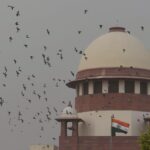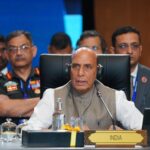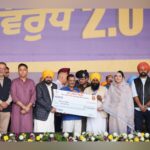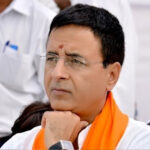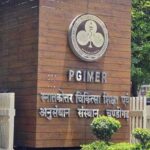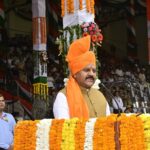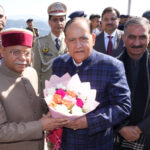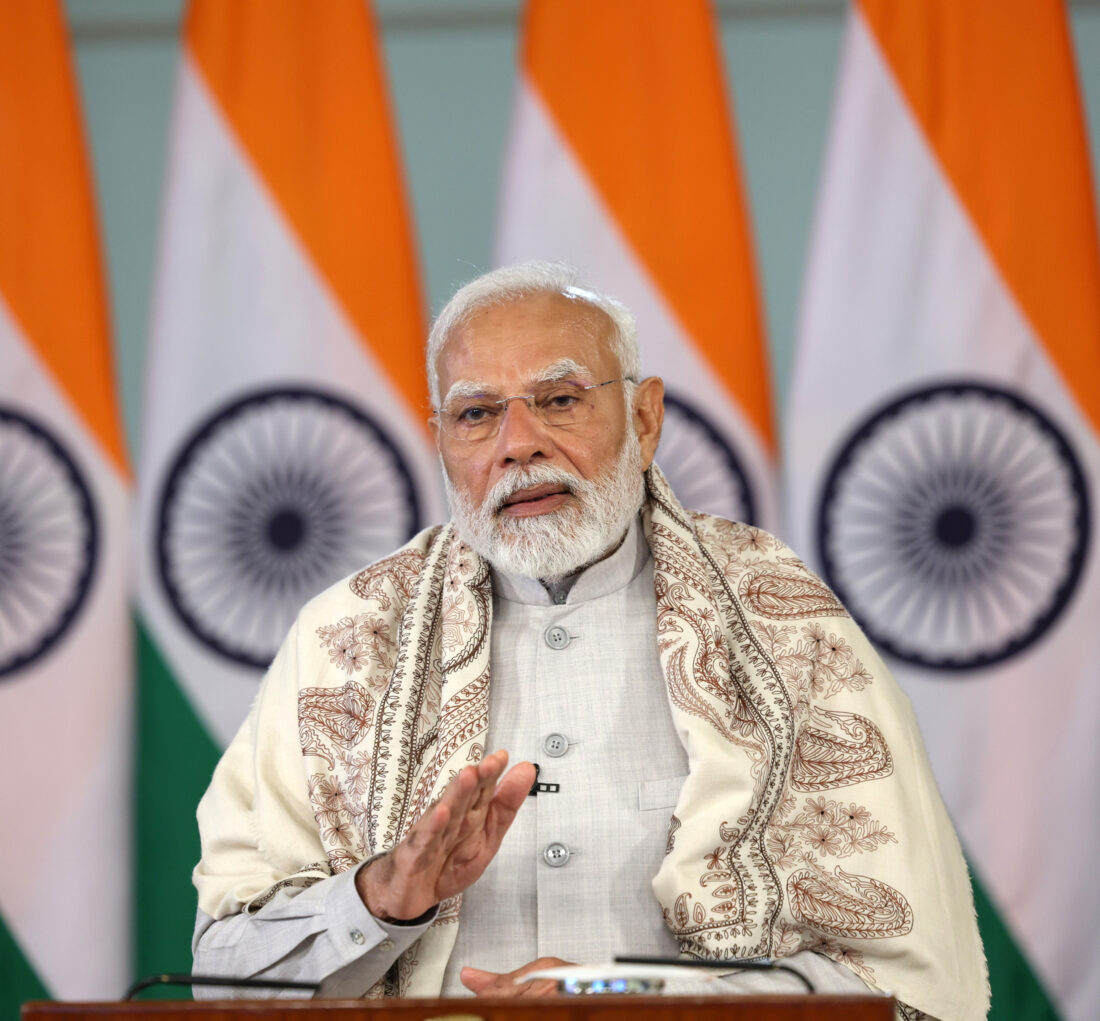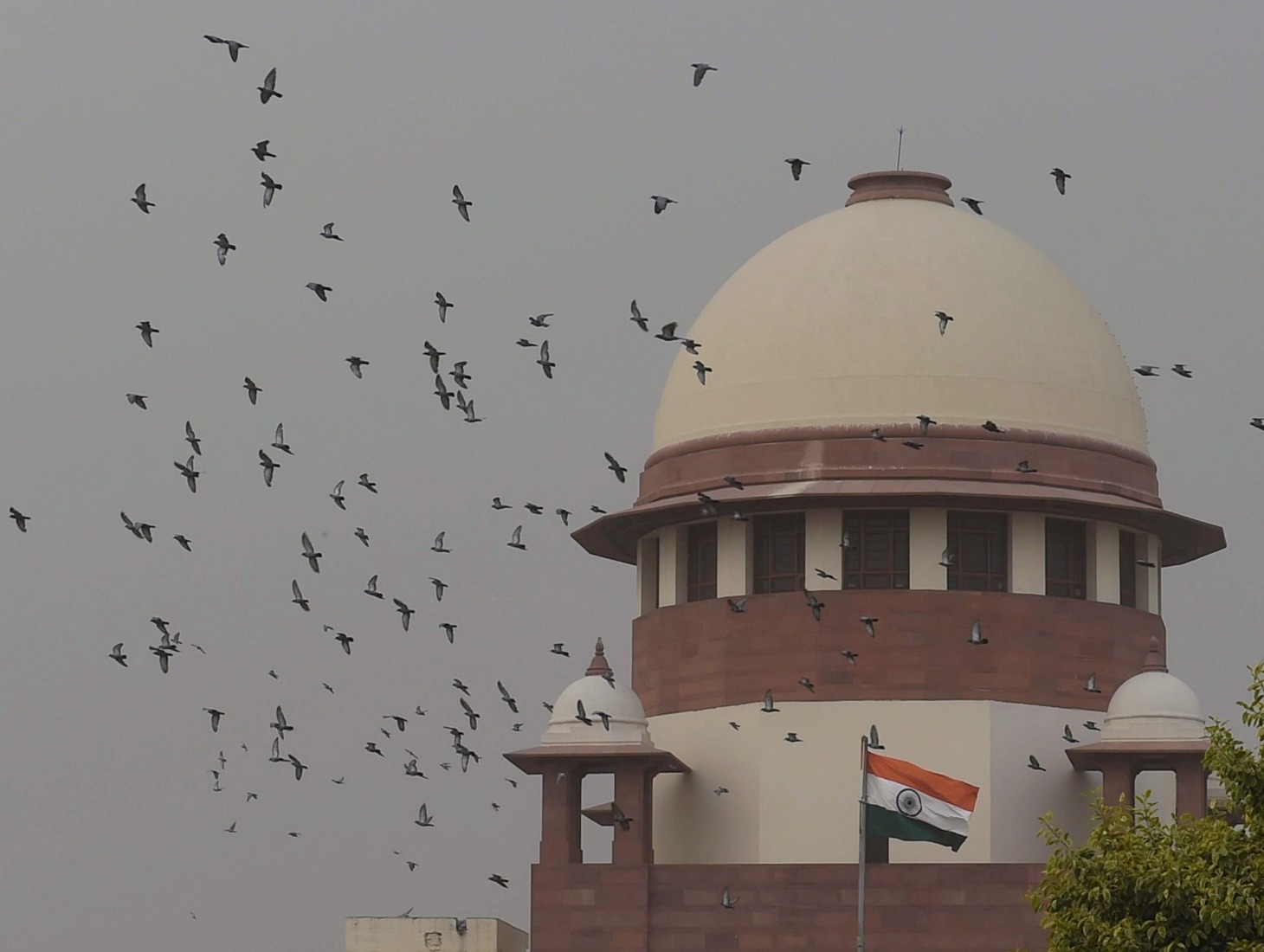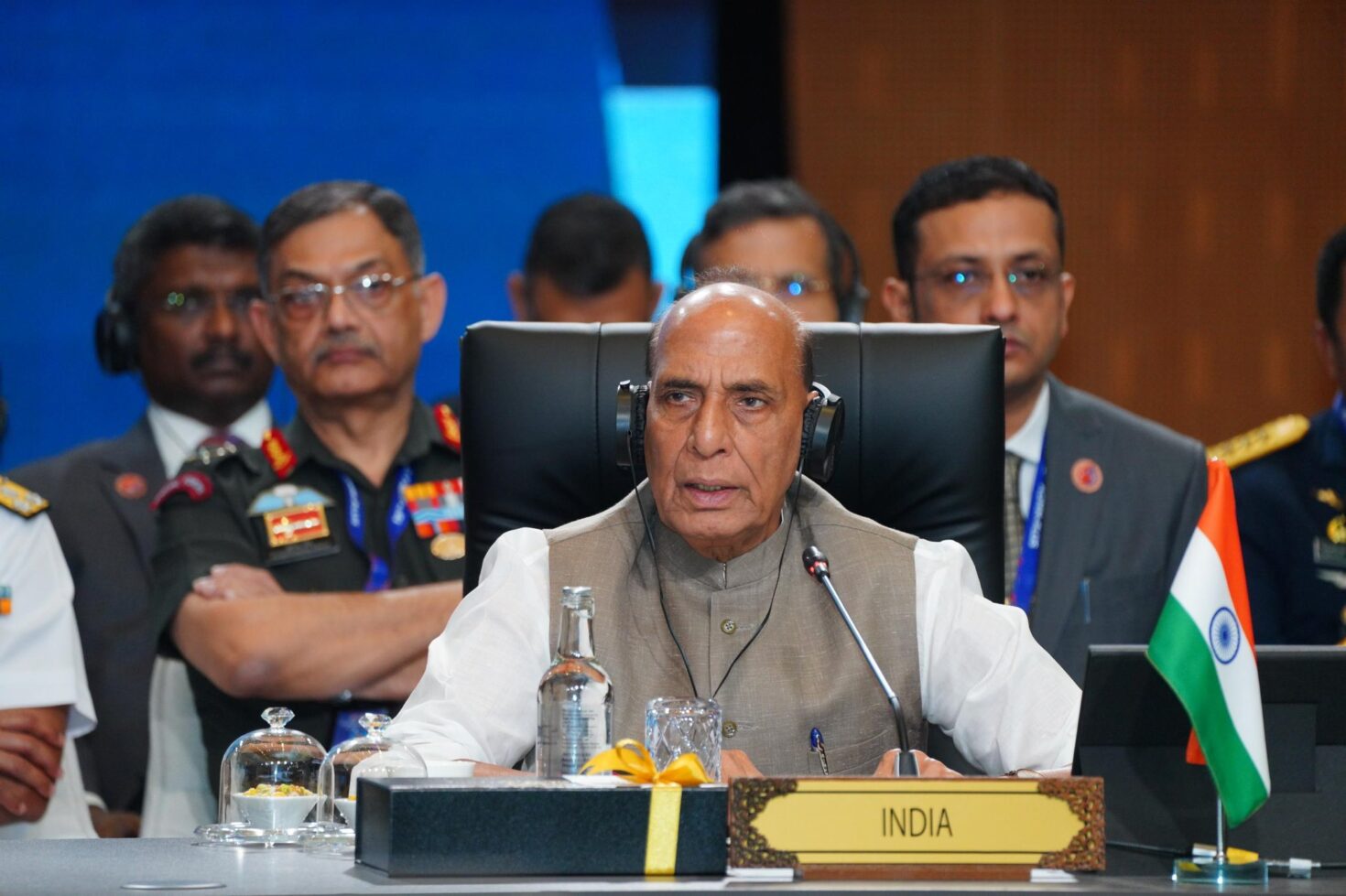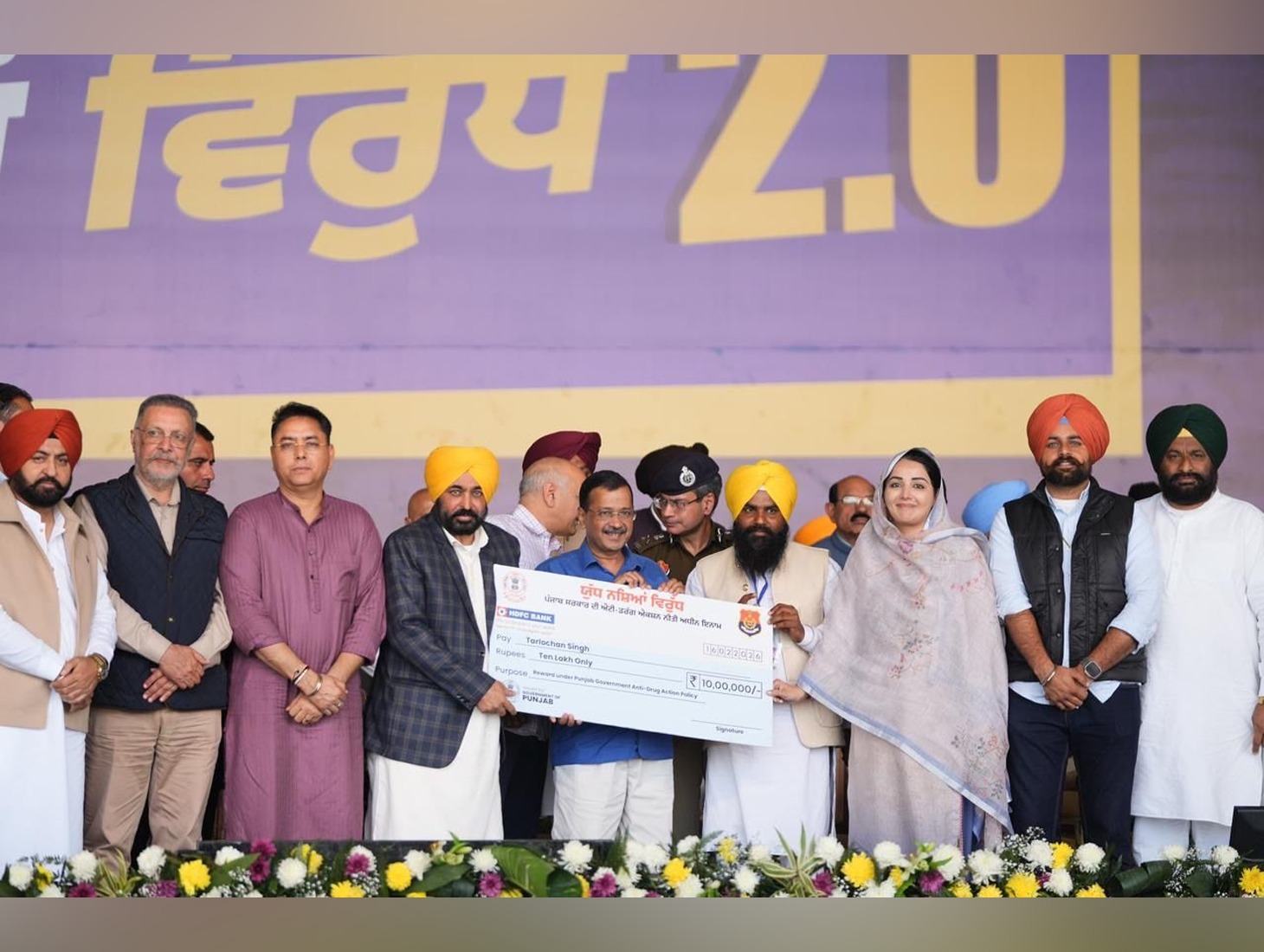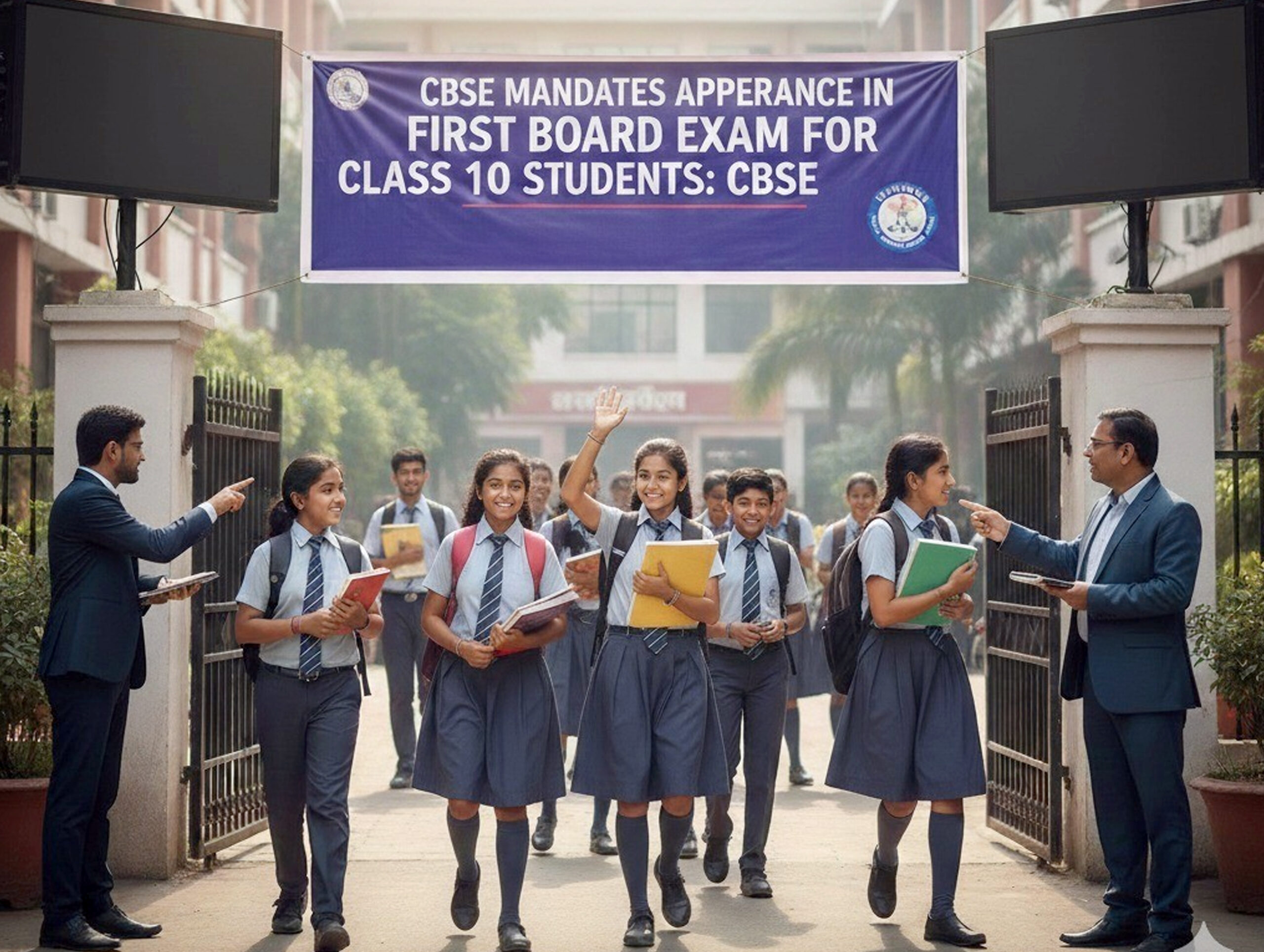North News
New Delhi, January 18
“India has over six lakh villages, and drone surveys have been completed in nearly half of them. After receiving legal documents, lakhs of people have secured bank loans against their properties, starting small businesses in their villages,” Prime Minister Narendra Modi said on Saturday while distributing over 65 lakh property cards to property owners in more than 50,000 villages across 230 districts in 10 states and two union territories through video conferencing under the SVAMITVA Scheme. Highlighting the impact on small and medium farmer families, Modi described the property cards as a critical guarantee of economic security. He noted that marginalized groups, including Dalit, backward, and tribal families, have been particularly affected by illegal occupations and lengthy legal disputes, which the property cards aim to resolve.
The Prime Minister estimated that once all villages are covered under the scheme, it could unlock economic activities worth over ₹100 lakh crore ($1.2 trillion), adding substantial capital to the nation’s economy. The SVAMITVA Scheme uses drone technology to map rural properties, enabling property owners to obtain legal titles and access financial services.
Remarking that the 21st century presents numerous challenges, including climate change, water scarcity, health crises, and pandemics, the Prime Minister highlighted that another significant challenge the world faces is property rights and the lack of legal property documents. The Prime Minister cited a United Nations study that revealed many people in various countries do not have proper legal documents for their property. He added that the UN emphasized that reducing poverty requires people to have property rights. The Prime Minister mentioned a renowned economist who wrote a book on the challenge of property rights, stating that the small amount of property owned by villagers is often “dead capital.” He added that this means that the property cannot be used for transactions, and it does not help increase the family’s income.
Prime Minister Modi remarked that India was not immune to the global challenge of property rights. He noted that despite having property worth millions of crores, villagers often lacked legal documents, leading to disputes and even illegal occupation by powerful individuals. He added that without legal documents, banks also kept their distance from such properties. The Prime Minister highlighted that previous governments did not take concrete steps to address this issue. He said that in 2014, the Government decided to tackle the challenge of property documentation through the Swamitva Yojana.
The Prime Minister emphasized that no sensitive government could leave its villagers in such distress. Elaborating on the Swamitva Yojana, he said it involved mapping houses and lands in villages using drones and providing legal documents for residential properties to villagers. He added that the benefits of this scheme are now visible. Referring to his earlier conversation with beneficiaries of the Swamitva Yojana, who expressed how the scheme has transformed their lives, Modi remarked that they now receive assistance from banks for their properties, and their satisfaction and happiness are evident. The Prime Minister considered this a great blessing.
“Our Government is earnestly working to implement Gram Swaraj on the ground”, exclaimed Shri Modi and highlighted that the Swamitva Yojana had significantly improved village development planning and execution. He remarked that with clear maps and knowledge of populated areas, development work planning will be precise, eliminating wastage and obstacles caused by poor planning. The Prime Minister noted that property rights will resolve disputes over land ownership, such as identifying Panchayat land and grazing areas, thereby empowering Gram Panchayats economically. He emphasized that property cards will enhance disaster management in villages, making it easier to claim compensation during incidents like fires, floods, and landslides.
Noting that land disputes were common for farmers, and obtaining land documents is challenging, often requiring multiple visits to officials and leading to corruption, the Prime Minister said that to reduce these issues, land records were being digitized. He highlighted that Swamitva and Bhu-Aadhaar are foundational systems for village development. He added that Bhu-Aadhaar provides a unique identity to land, with around 23 crore Bhu-Aadhaar numbers issued, making it easy to identify land plots. “Over the past 7-8 years, approximately 98% of land records have been digitized, and most land maps are now digitally available”, added PM Modi.


